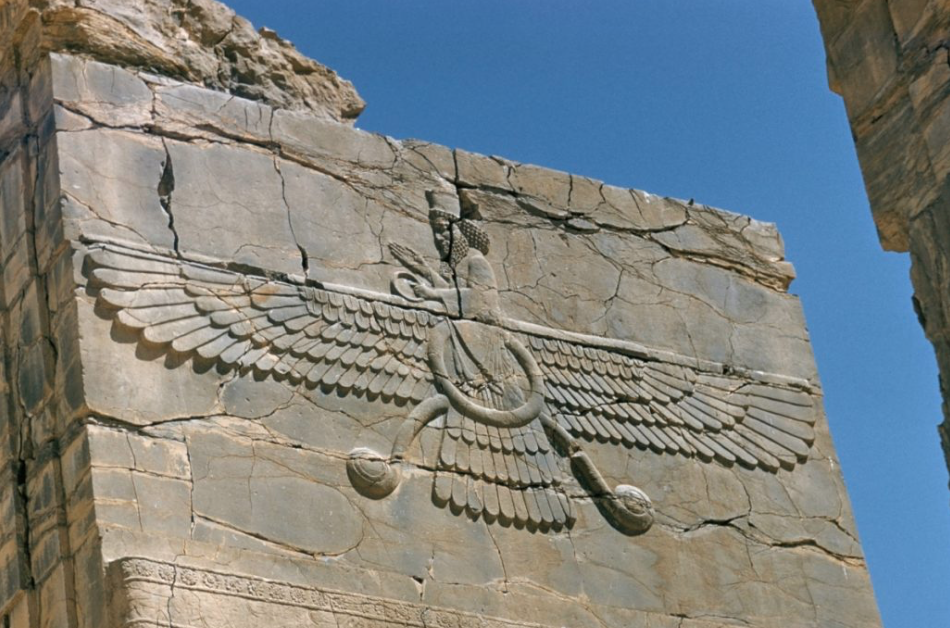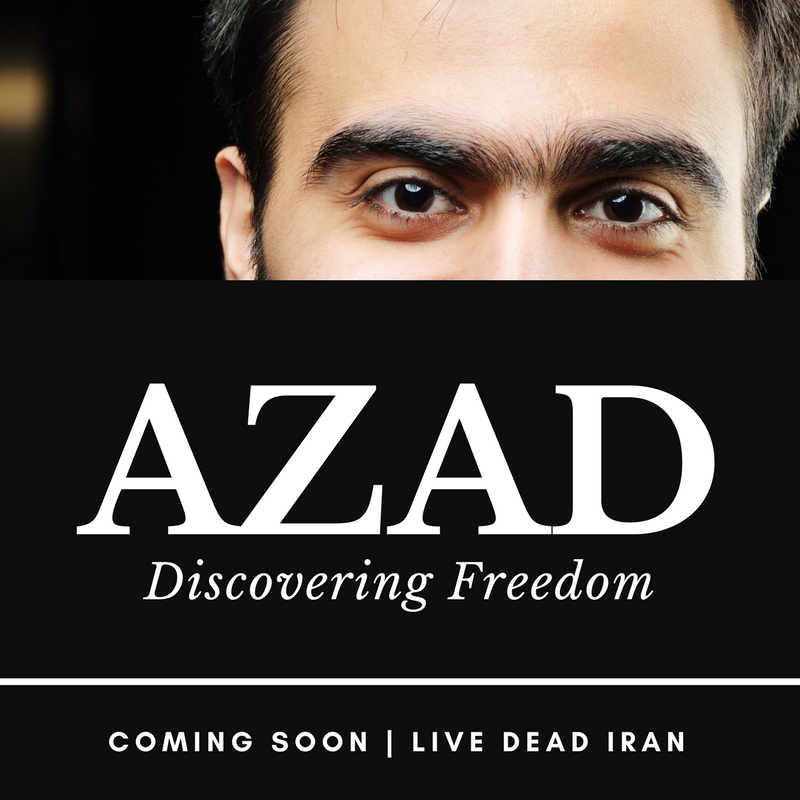Zoro…what?

What comes to mind when you think of the nation of Iran? A fundamentalist Islamic regime? Anti-Americanism? The movie Argo? Most people hear the word “Iran” and picture what they have seen on the news and in the movies.
However, there is much more to Iran than what the media portrays. Iran has a rich cultural heritage and religious history that predates Islam. One ancient influence on the current Persian culture is Zoroastrianism.
Let’s briefly dive into this history so that we can better understand the Iranians worldview and the spiritual strongholds that bind these people. It is our hope that this increased understanding will not only help us understand the Azad family’s perspective, but it will also guide our prayers and give us more clarity as we intercede for Iran.
About 3,500 years ago, Iran was like many other nations: pagan and polytheistic. The first major shift came when Zoroastrianism took hold in the Iranian population.
The country was steeped in pagan rituals involving hallucinogens. These rituals brought about increased classism (discrimination based on social class) and fighting between local tribes.
A priest named Zoroaster grew weary of such division. During a purification ritual in a river, he suddenly received a vision. A radiant being showed him the way to Ahura Mazda (“wise Lord”). Zoroaster began sharing about his vision with others. He observed that the people’s gods were fond of war, and the rituals were wreaking havoc on communities. In contrast, Zoroaster preached monotheism and taught people to follow one “Ahura Mazda.” His was one of the first monotheistic religions aside from Judaism and Christianity.
Zoroaster moved to a nearby country, and his teachings caught the attention of the king. This king declared Zoroastrianism the official kingdom religion. Its teachings and practices spread and Zoroastrianism ultimately became the dominant religion in the region of modern-day Iran.
The Zoroaster motto is “Good thoughts, good actions, and good words. A person will be blessed by the fruit of his life.”
Many Iranians have reverted back to this ancient part of their culture. They are looking for answers, but instead find themselves under the stronghold of a works-based salvation.
Almighty God, we pray for Iranians who follow Zoroaster’s teachings, trying to earn salvation. Reveal Jesus’ gift of freedom, a salvation by grace. May they lay their striving and good intentions at the cross of Christ. May they receive the gift of mercy that You offer freely. Lord Jesus, give Iranians new life and Your indescribable peace. Amen.





